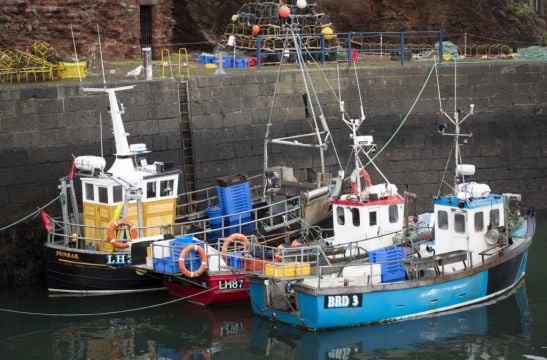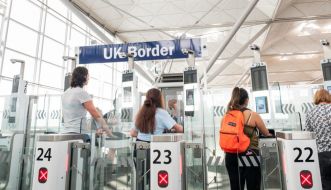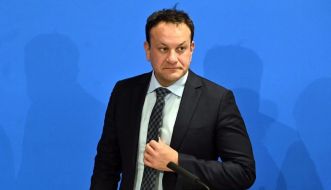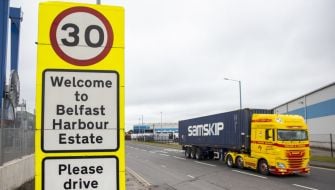Fishing vessels from Northern Ireland landing catch in the Republic face restrictions around landing times, officials have said.
Availability of inspectors is one factor, a lead on the Department of Agriculture, Environment and Rural Affairs Department (DAERA) fishery transition team said.
Dublin has designated extra ports to receive fishermen from Northern Ireland.
It is part of the Northern Ireland Protocol which prevents a hard land border on the island post-Brexit.
Owen Lyttle, director of marine and fisheries at Stormont’s Agriculture Department, said: “These ports came into operation on February 1st, this week.
“In some of those ports there are restrictions in place to do with … limited opening times.”
Ports
The official added that initially the Republic had designated two ports to handle the cross-Border seamen following the end of the Brexit transition period.
Following engagement with their Northern Irish counterparts, officials south of the Border have since earmarked five further ports, with the possibility of more.
Mr Lyttle told the Agriculture Department’s scrutiny committee at Stormont: “Our Northern Ireland fishing fleet has traditionally landed at other ports such as Dunmore East (in Co Waterford in the south east).
“We have pressed that the Irish authorities consider looking at potentially other ports to facilitate the Northern Irish fishing fleet and also trade.”
Democratic Unionists are opposed to the Northern Ireland Protocol.
DUP Assembly member William Irwin said: “It seems strange that while seafood can be traded freely on land, that there is a problem with some of these ports in the Irish Republic.”
Most important is the inspector resources available
Advertisement
Other fishermen from Northern Ireland often use a prawn catching ground off the west of Ireland and land it in Rossaveal in Connemara, Daera officials added.
Ciaran Cunningham, one of the leads on the DAERA fishery transition, said the right infrastructure needed to be in place to allow vessels to land at a port.
“Most important is the inspector resources available.
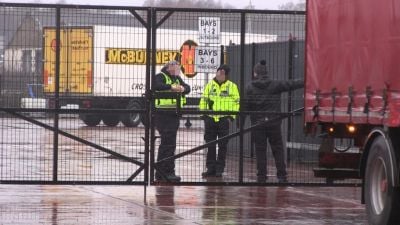
“Not every port has full-time inspectors in it. Some are more risk-based because they would not be as frequently landing.”
He said they were matched up to meet demand from incoming vessels.
“If it is a port that is not very busy for their own fleet, then obviously at this moment in time they may not have the resources yet they may have landing from the Northern Irish fleet.”
